If you had told me just a year ago that Apple would become the sole driving force behind smartphone growth during China's biggest shopping event, I probably would have raised an eyebrow. But that's exactly what happened during this year's Singles' Day festival, and the numbers tell a remarkable turnaround story.
Let me break down what the research actually revealed: Counterpoint Research found that robust iPhone demand was literally the only thing keeping smartphone sales from declining during the month-long shopping extravaganza. Apple captured an impressive 26% of all smartphone sales during the event, according to the same research, while total sales across all brands managed just a modest 3% increase year-over-year.
Here's the most telling statistic: data shows that without Apple's contribution, smartphone sales would have actually declined by 5%. In one of the world's most competitive smartphone markets, during the biggest shopping event of the year, Apple wasn't just performing well—it was preventing the entire category from shrinking while every other brand collectively lost ground.
How Apple turned the tide in a challenging market
The iPhone 17 series emerged as the clear standout performer, with Counterpoint noting particularly strong sales momentum for Apple's latest flagship models. This Singles' Day success built directly on impressive October momentum, where iPhone sales jumped 37% year-over-year driven by strong demand for the iPhone 17 series. That October surge created the foundation for Singles' Day dominance by establishing consumer appetite right before the major shopping event.
What's particularly striking is how thoroughly the new models dominated Apple's own sales mix. New iPhone models represented more than 80% of Apple's total unit sales, demonstrating that Chinese consumers weren't just buying iPhones out of habit—they specifically wanted the latest technology. This preference for premium, current-generation devices is especially significant in China's price-sensitive market, where consumers typically hold onto smartphones for 3-4 years compared to the global average of 2-3 years.
Even more impressive is that all three iPhone 17 variants posted mid-to-high double-digit percentage growth, indicating broad appeal across different price points rather than success concentrated in just one model. This comprehensive product line success suggests Apple achieved something particularly challenging: creating differentiated value propositions that resonated across multiple consumer segments simultaneously.
What this means for the broader Chinese smartphone landscape
The stark contrast between Apple's success and the broader market reveals fascinating insights about consumer psychology during economic uncertainty. Economic pressures from a prolonged property crisis and income security concerns have made Chinese consumers increasingly selective about major purchases, yet Apple managed to break through this cautious spending environment where established domestic brands couldn't.
This success becomes even more remarkable when compared to other premium categories. While luxury goods sales broadly struggled in China during the same period, Apple's premium smartphones thrived, suggesting the iPhone 17's specific technological advances provided compelling upgrade motivations that transcended general economic caution.
The broader Singles' Day context amplifies Apple's achievement. The event was extended to five weeks from last year's 28 days, generating impressive overall sales of RMB 1.695 trillion ($236.60 billion) with a 17.5% year-over-year increase. However, despite this massive scale and extended timeline, the festival failed to spark widespread consumer excitement across most product categories. Apple's ability to generate enthusiasm in this lukewarm environment demonstrates both exceptional product-market fit and strategic marketing execution.
A complete reversal from last year's performance
This year's results represent a dramatic turnaround that few industry analysts predicted. Last year's Singles' Day was frankly devastating for Apple, with iPhone sales experiencing a double-digit year-over-year decline during the same shopping festival. The 2024 event saw overall smartphone sales fall 9% year-on-year, with Apple struggling against what analysts called an "abnormally high" number of competing handset launches.
What changed between these two years reveals Apple's strategic learning curve in the Chinese market. Strategic price reductions and promotional timing played a crucial role in this reversal, but the transformation went deeper than just discounting. Apple fundamentally shifted its approach to product launches, pricing windows, and competitive positioning around major Chinese shopping festivals.
The company's tactical evolution included more aggressive promotional participation, better inventory management for peak demand periods, and crucially, product launches timed to maximize impact during China's unique shopping calendar. This comprehensive strategic overhaul transformed Apple from a Singles' Day underperformer into the event's singular growth driver within just one year.
The bottom line: Apple's China strategy pays off
Apple's Singles' Day dominance reflects a broader strategic mastery of one of the world's most competitive smartphone markets. The company's ability to drive growth while every competitor struggled demonstrates the power of premium positioning combined with market-specific tactical expertise.
For tech enthusiasts watching the Apple ecosystem evolve, this performance validates that meaningful technological upgrades can still drive mass consumer behavior even in challenging economic environments. The iPhone 17's success also establishes a strong foundation for Apple's continued innovation trajectory, proving that Chinese consumers remain willing to invest in premium technology when the value proposition is compelling enough.
Looking ahead, forecasts suggest continued momentum with smartphone shipments expected to increase 15.4% quarter-over-quarter. This positions Apple exceptionally well for sustained growth, particularly given the company's demonstrated ability to capture outsized market share gains during peak shopping periods. The real test will be whether Apple can maintain this strategic advantage as domestic competitors adapt their own approaches to match Apple's newly proven formula for Chinese market success.






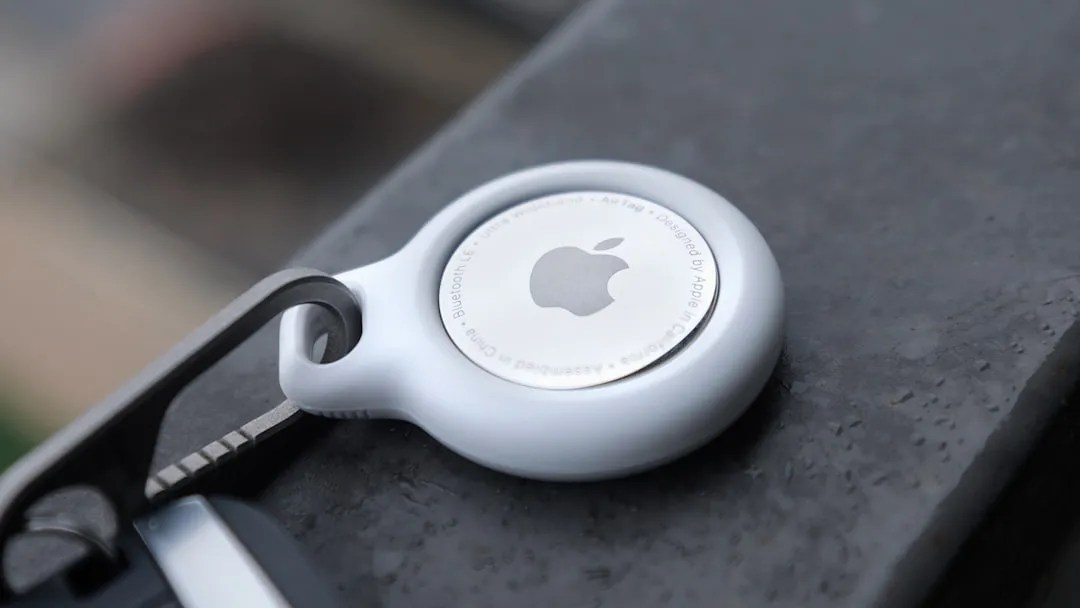

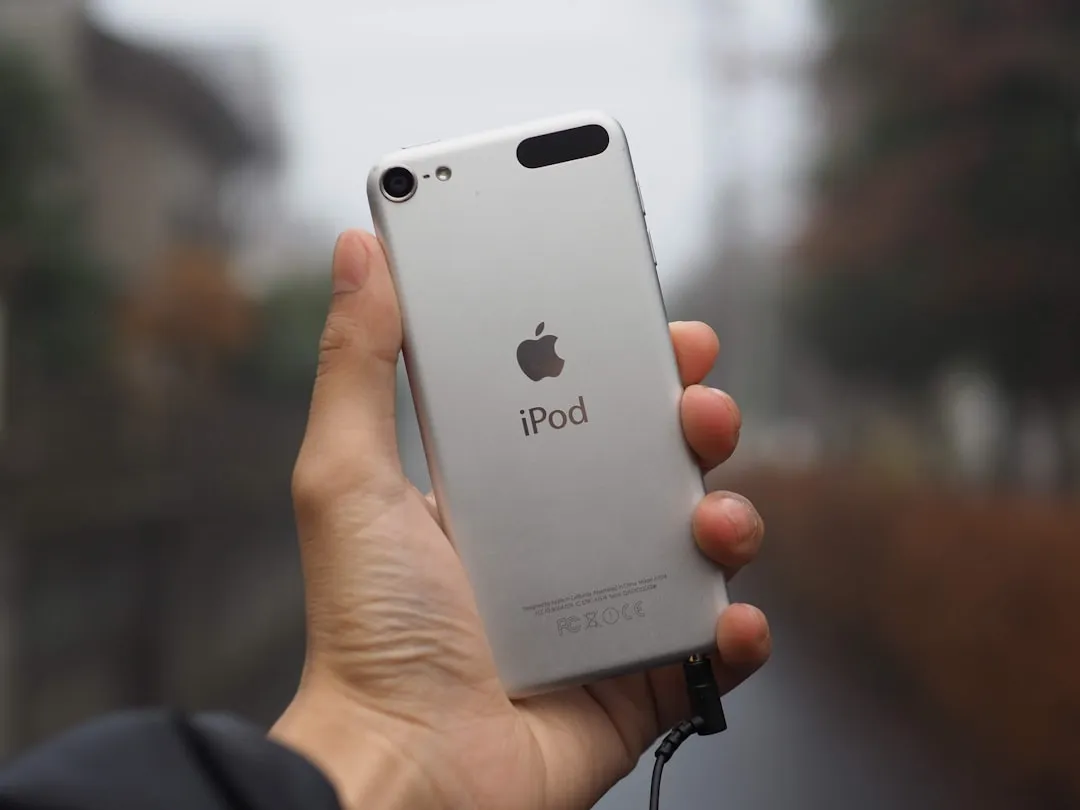
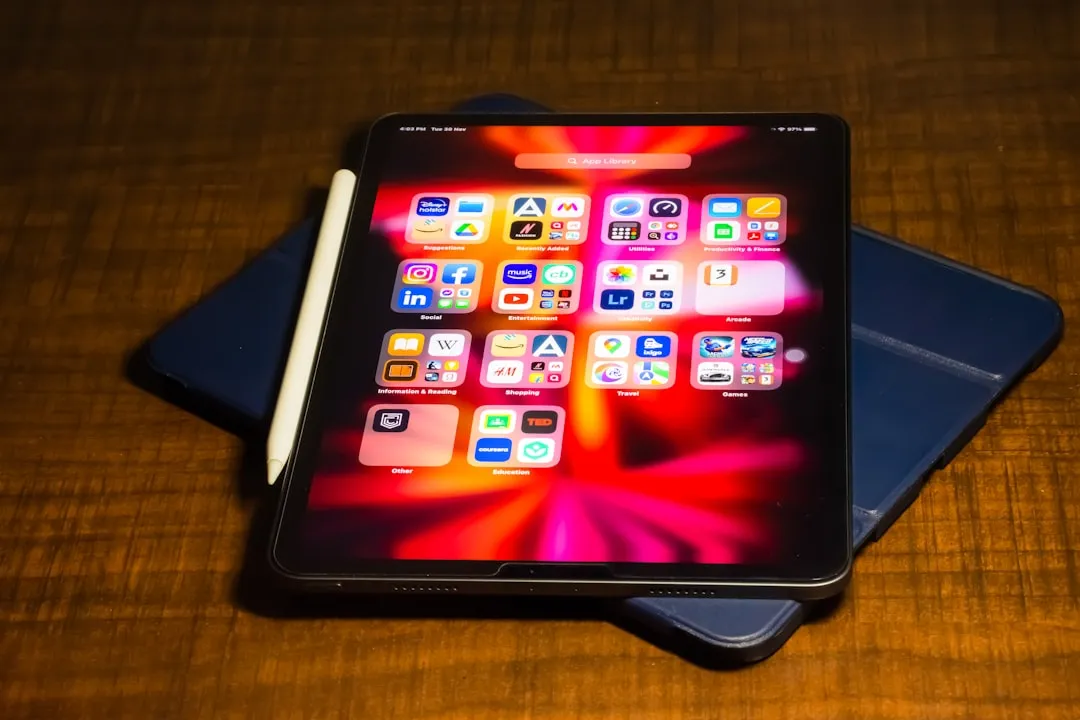

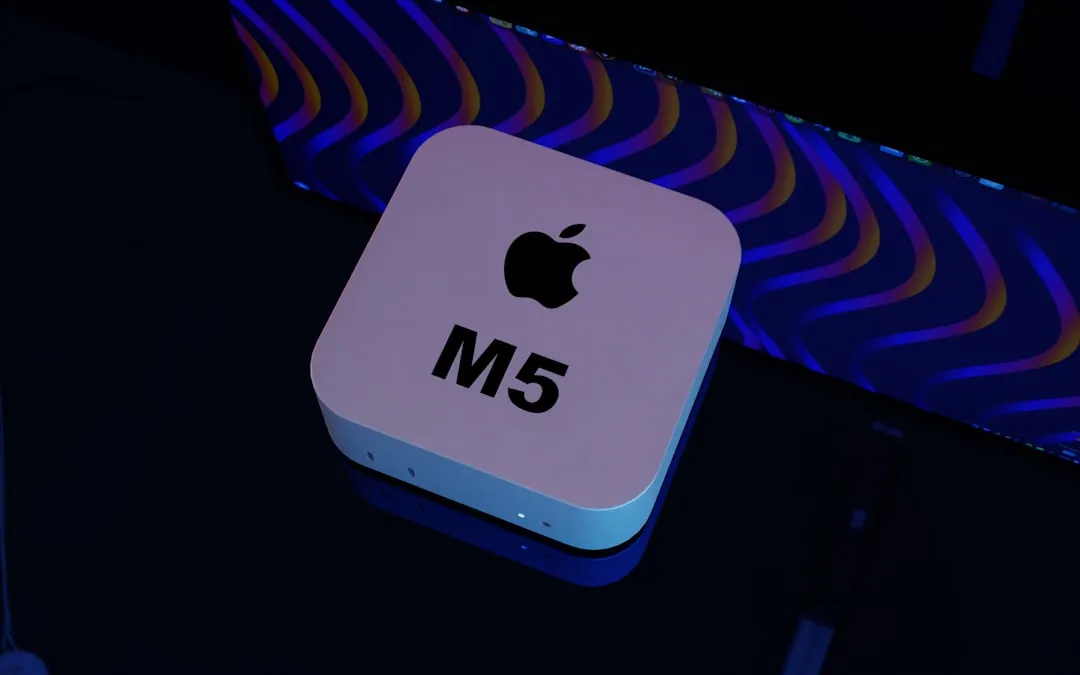

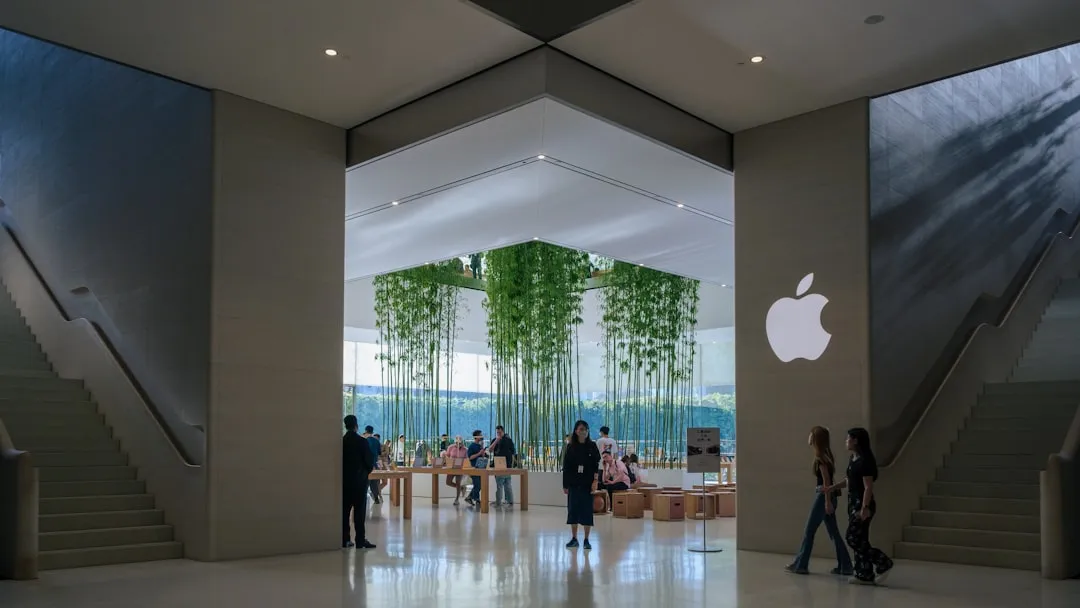
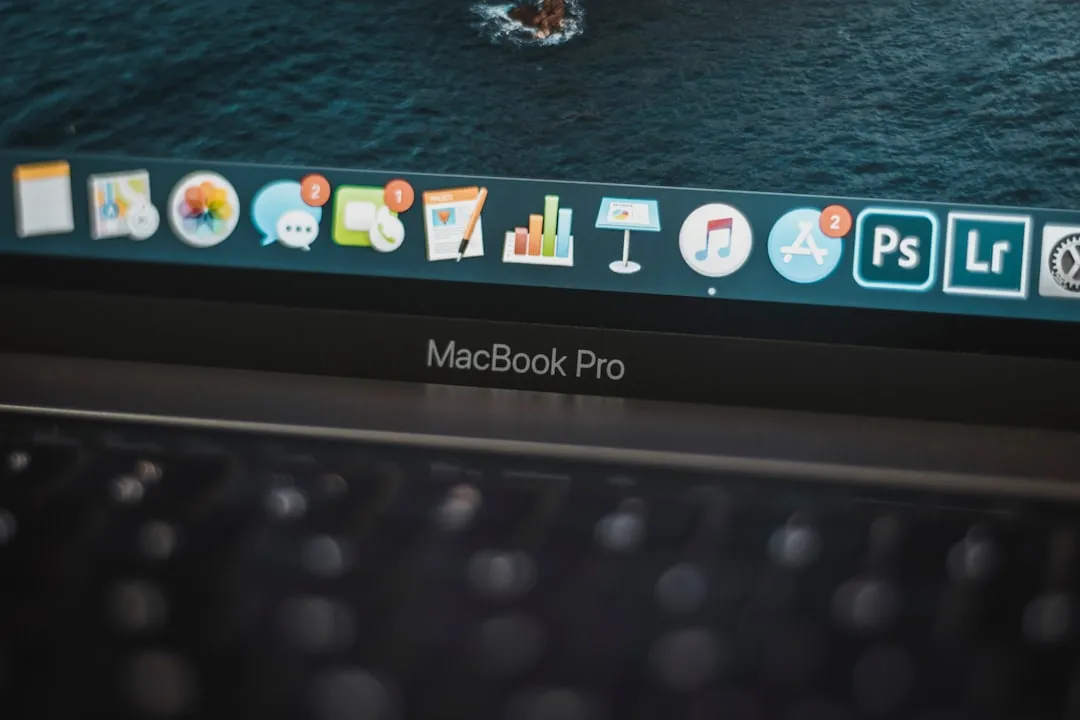
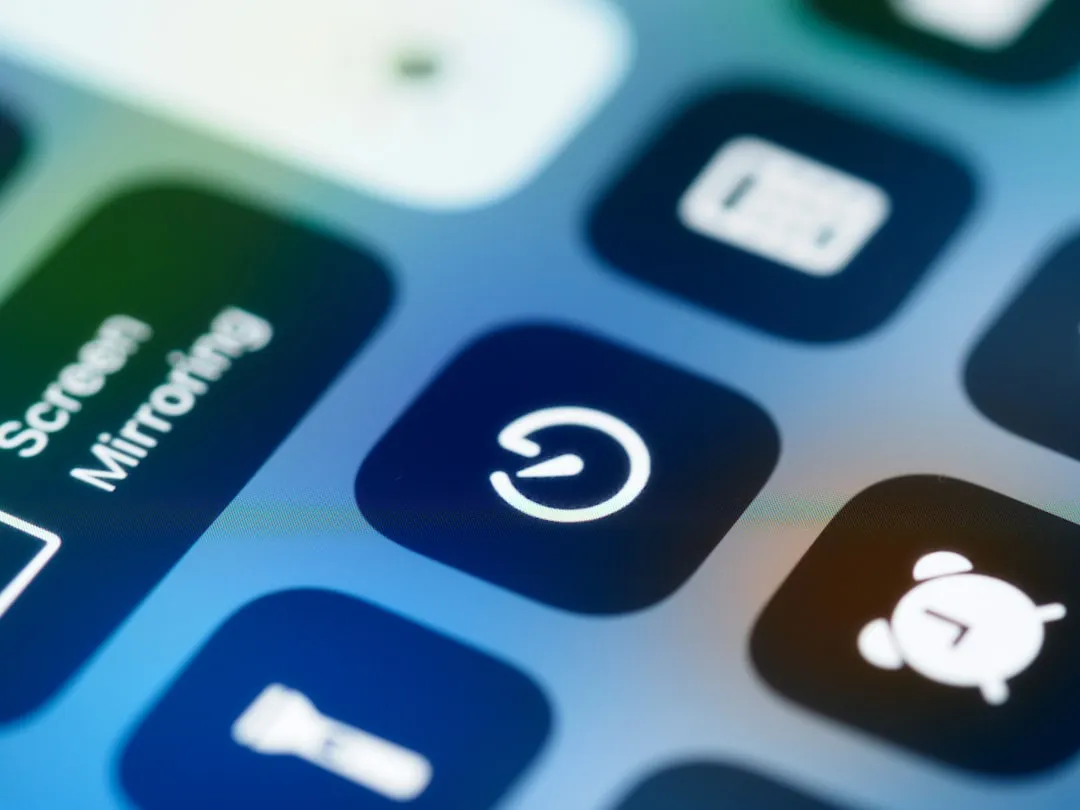
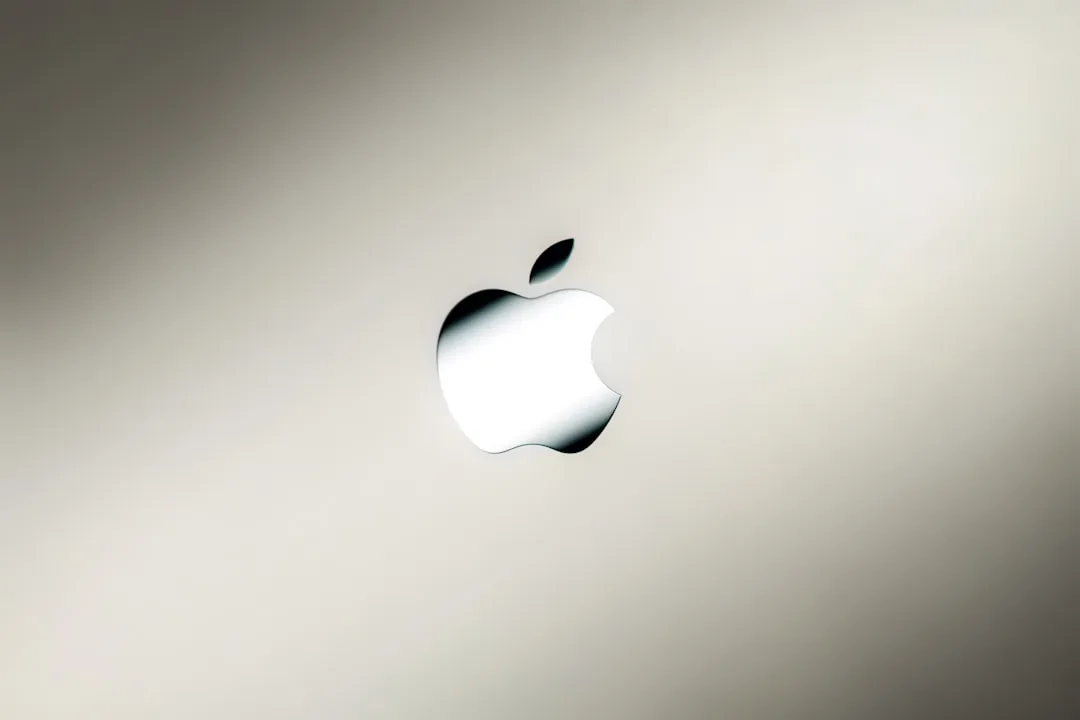
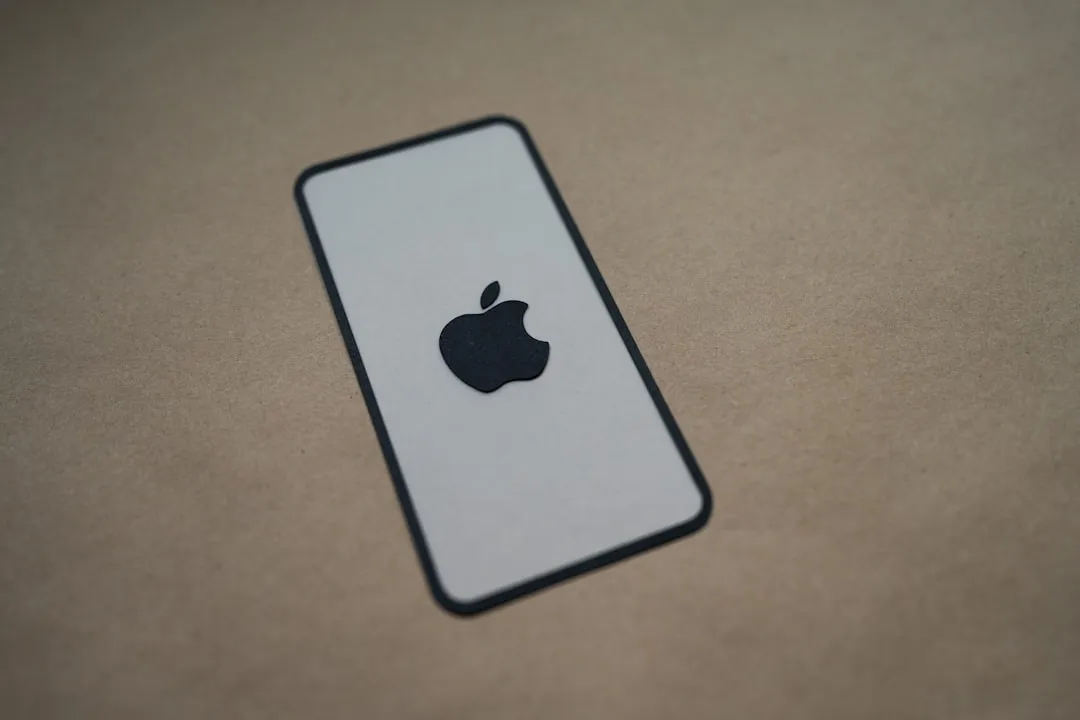


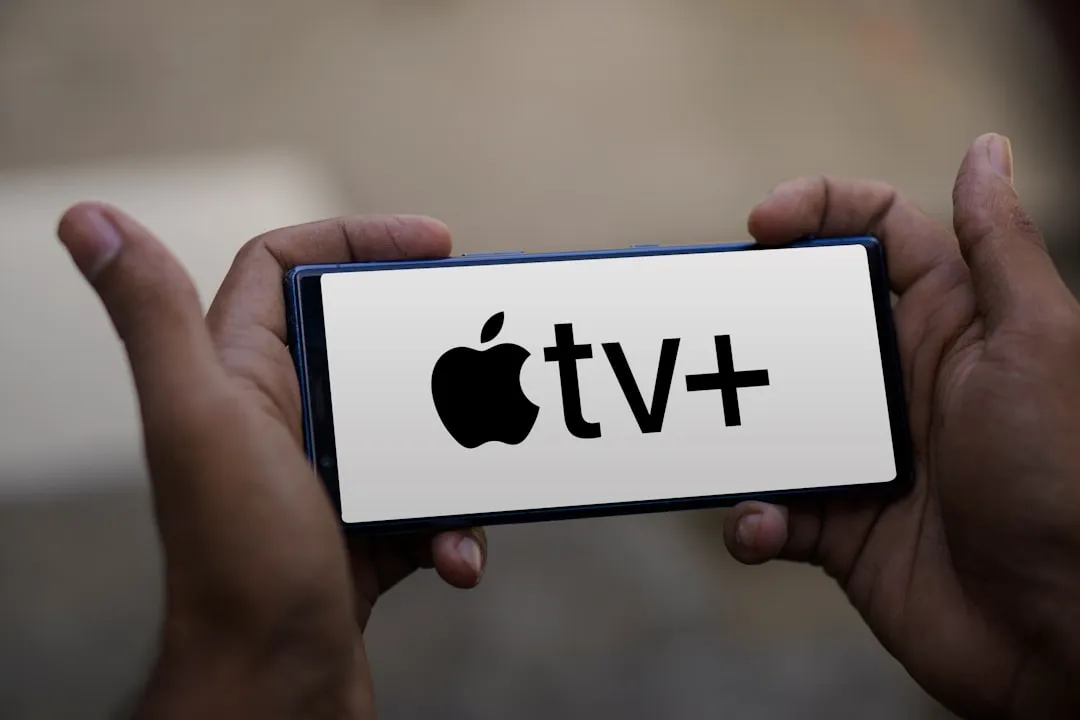
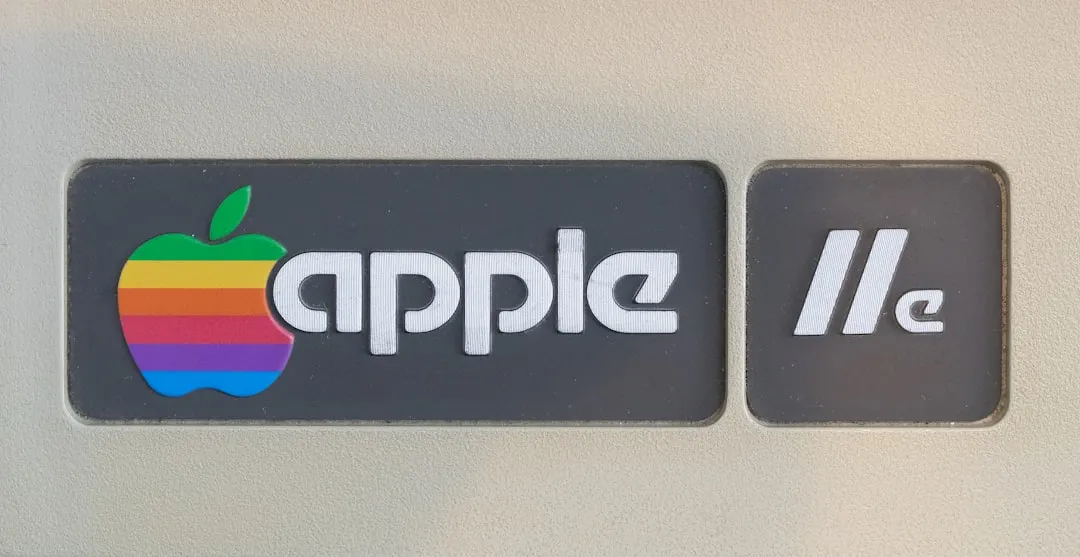
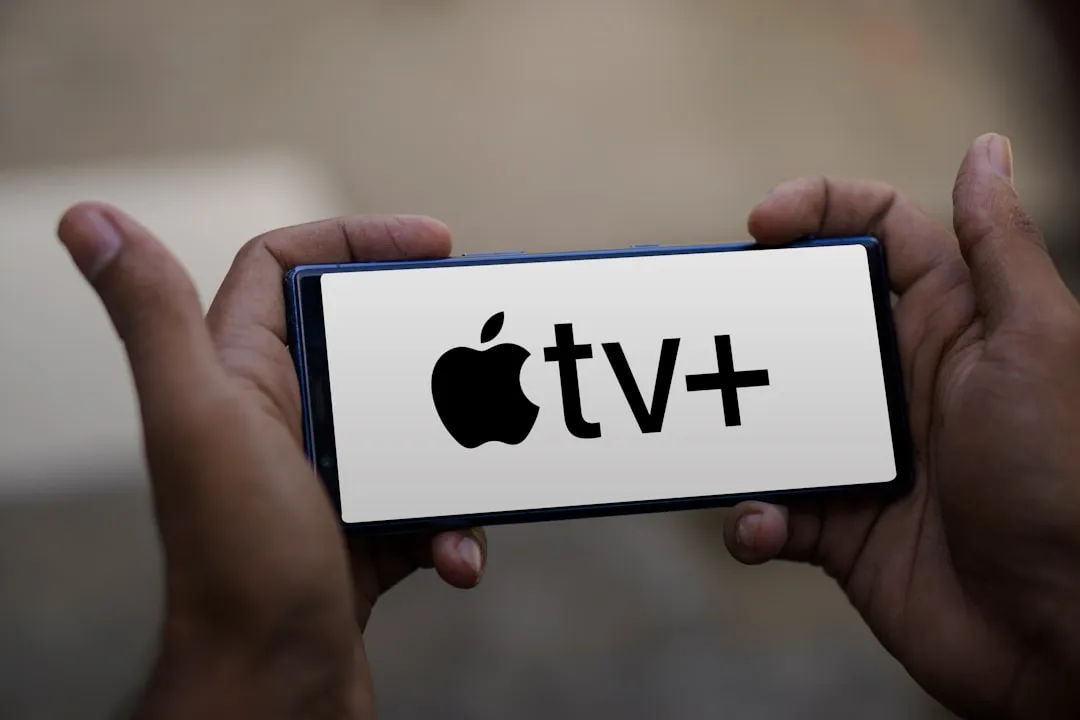
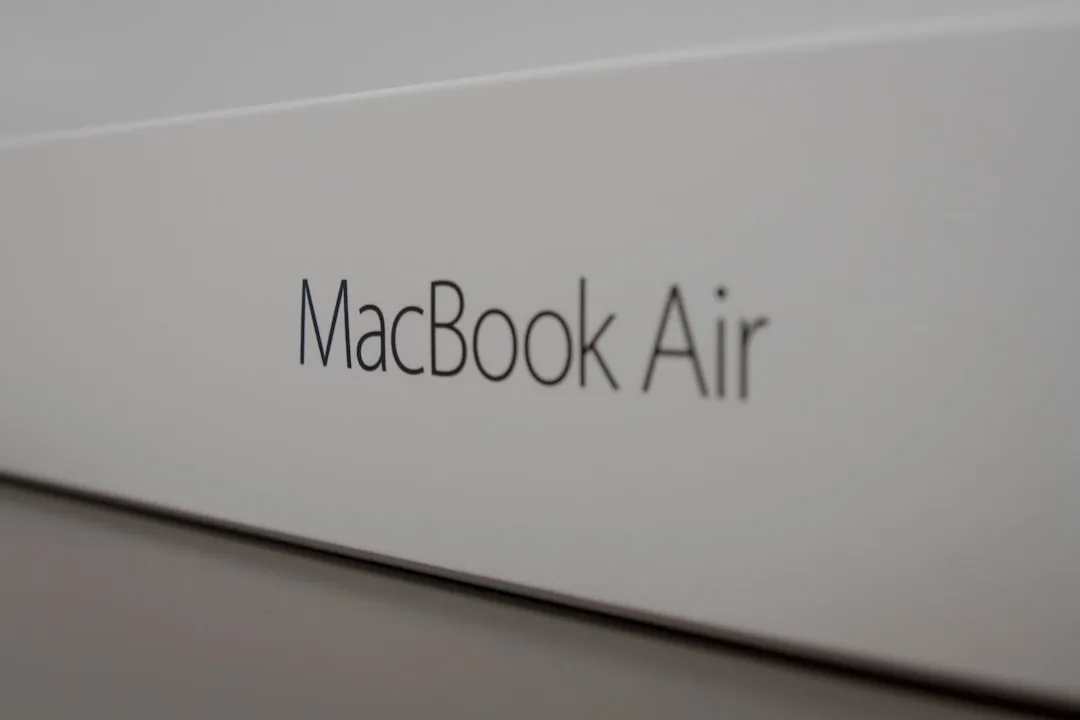
Comments
Be the first, drop a comment!